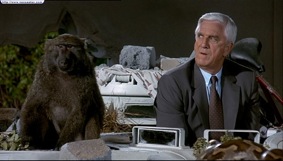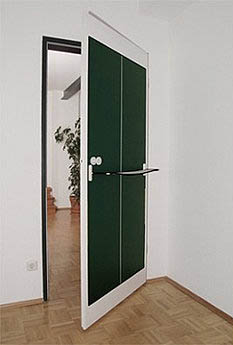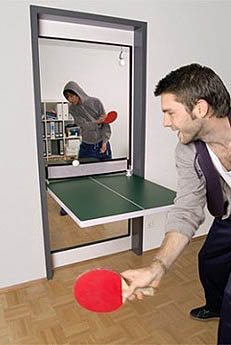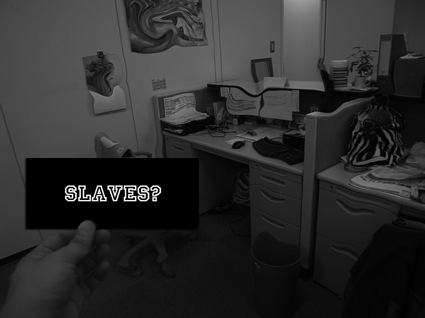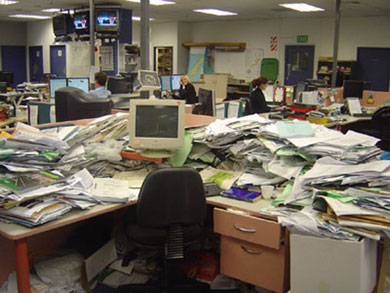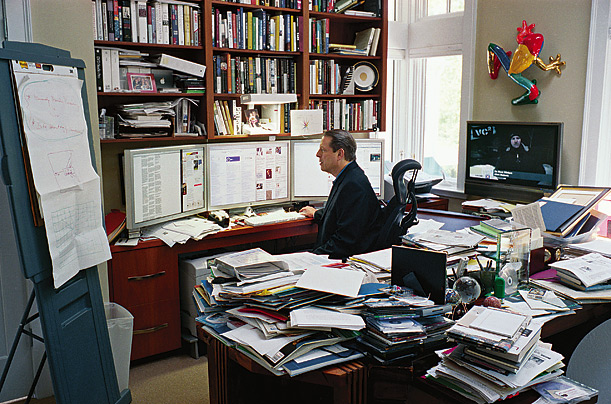A smell you sometimes smell in offices is fear. It seems now that humans can actually smell this according to this article in The Guardian:
“People can unconsciously detect whether someone is stressed or scared by smelling a chemical pheromone released in their sweat, according to researchers who have investigated the underarm secretions of petrified skydivers.”
The research was funded by US Defence Advanced Research Projects Agency and the military might want to use it as a weapon…
Dr Lilianne Mujica-Parodi at Stony Brook University in New York State stated that: “We demonstrate here the first direct evidence for a human alarm pheromone … our findings indicate that there may be a hidden biological component to human social dynamics, in which emotional stress is, quite literally, ‘contagious’.”
Yet another reason to inject some WorkVitamins in the office!
